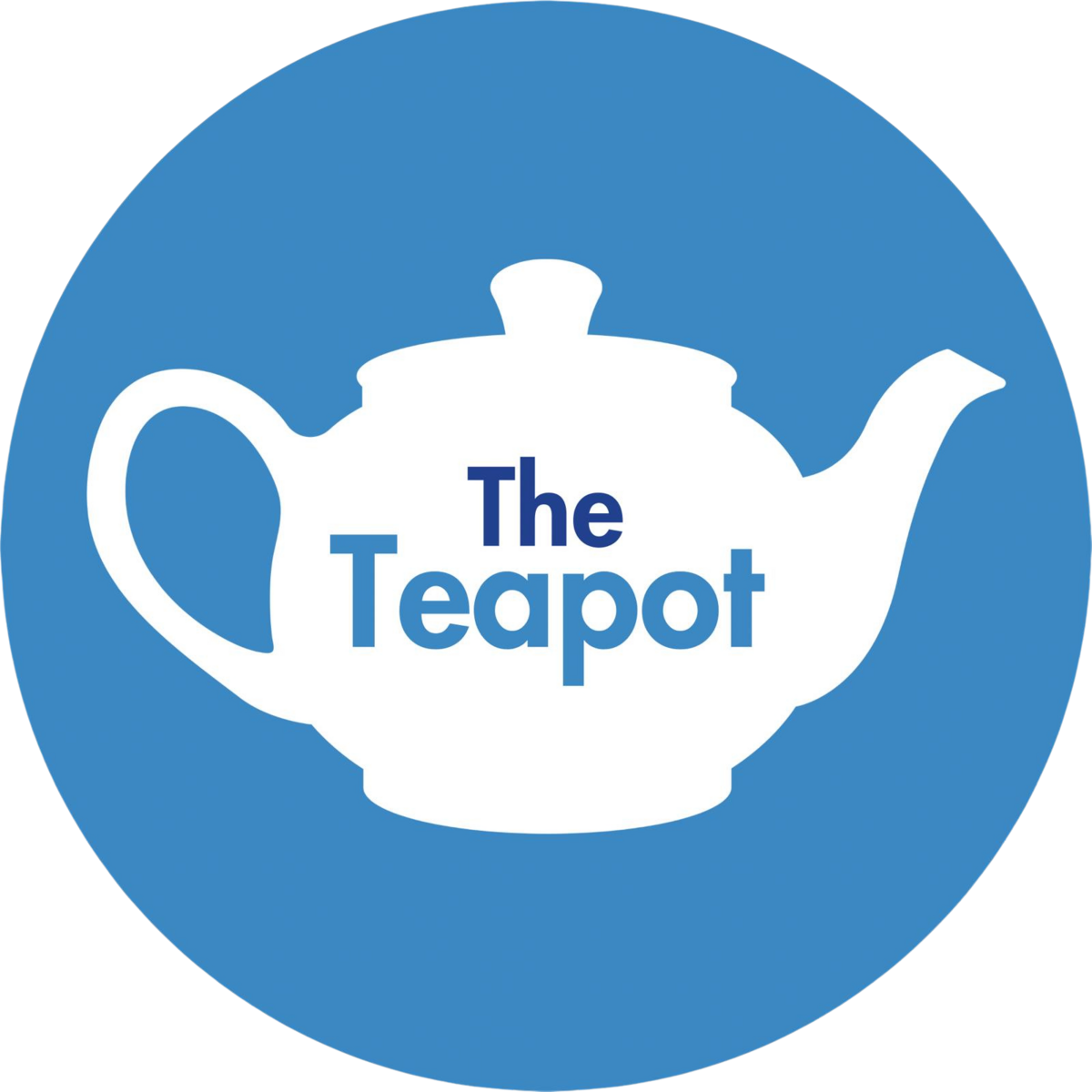Happy Monday. Forewarning - next Monday is the August bank holiday, and it looks set to be scorcher. Fire up the barbecue, slap on the suncream, and for one day forget about the rest of the chaos in the world.
Look out for our email arriving on Tuesday next week. Happy bank holiday!
MARKETS
| FTSE 100 | £9,138.90 | +0.10% |
| FTSE 250 | £21,758.24 | -0.60% |
| GBP/EUR | €1.1584 | +0.36% |
| GBP/USD | $1.3555 | +0.85% |
| S&P 500 | $6,449.80 | +1.20% |
Data: Google Finance, 5-day Market Close
Notable UK earnings this week: Lion Finance Group (BGEO), International Workplace Group (IWG), Hays (HAS).
Notable US earnings this week: Walmart (WMT), Home Depot (HD), Intuit (INTU), Lowe’s (LOW), TJX Companies (TJX).
📈📉
PROJECT WATCH
🔋 Hitachi selected for HVDC converter stations on Eastern Green Link 3. Read more
🔌 Fugro to start survey work for Scotland-Wales interconnector. Read more
🏟️ Oxford United secure approval for new stadium build. Read more
BUSINESS & FINANCE
Kingsmill butter up Hovis
Bread behemoths Kingsmill and Hovis are shaking up the sandwich scene with a merger that could see them rise (very good) to become the UK's biggest bread brand. Parent company Associated British Foods (ABF) – also known for filling baskets at Primark and teacups with Twinings – has agreed to buy the historic Hovis for a reported £75 million. Sliced and sealed, the deal is now awaiting the thumbs-up from the competition watchdog before it can be buttered up any further.
ABF claims combining the two carb-loaders will bring those elusive “cost synergies and efficiencies” to the table – corporate speak for slashing expenses to make both profit-challenged bakers slightly less doughy in the books. But while financiers are dreaming of golden crusts, one ingredient may prove tough to knead: staff. Unite the union, which represents workers at both bakeries, has made it clear it won’t let jobs be toasted in the name of shareholder crumbs.
The bread business hasn’t exactly been leavened in recent years; traditional supermarket loaves have been out of favour, thanks to middle-class flirtations with sourdough, rye, spelt, and whatever Paul Hollywood’s flogging this week. Add in the keto crowd and protein-powder posse, and white sliced’s future looks as stale as last week's baguette.
Economy ticks up for June
Always the overachiever, June turned up late but made a real effort – the UK economy grew by 0.4%, lobbing a lifebuoy to a GDP that had been paddling wildly in circles during April and May. The services sector, which accounts for more than four-fifths of UK output (basically, everything we do that doesn’t involve building or manufacturing something tangible), also clocked a 0.4% rise. Construction, the sturdy overachiever of the quarter, strutted in with an impressive 1.2% boost.
If economists were weather forecasters, they’d be soaked most days – a Bloomberg poll had predicted a humble 0.1% growth. Instead, the economy managed a quarterly uptick of 0.3%, which isn’t exactly fireworks but could possibly justify a celebratory Hobnob.
POLITICS
Van, scan, slam
The government is doubling down on live facial recognition vans, dispatching them across seven police forces to catch suspects in the crowd. London, South Wales and Essex have already trialled them - famously even at a Beyoncé gig - and now Greater Manchester and beyond get their turn under the digital magnifying glass. Ministers insist it’s all about catching violent criminals, while critics mutter about Big Brother with a parking permit.
Predict, prevent, police
Not content with spotting suspects, Whitehall now wants to pre-empt them. The Department for Science is investing millions into AI-powered crime maps that promise to forecast knife crime and antisocial behaviour before it spirals. It’s part of the grandly titled “Safer Streets Mission” - aiming to halve violence in a decade.
Specs and checks
Meanwhile, back in the analogue world, drivers over 70 may soon face compulsory eye tests to keep their licences. Ministers argue it’s common sense after tragedies linked to failing eyesight, while critics point out that young drivers are statistically more crash-prone. Still, with Britain boasting Europe’s “laxest” eyesight rules, change feels inevitable.
ACROSS THE POND
Trump hits snooze on China tariffs
President Trump has once again postponed the reappearance of hefty U.S. tariffs on Chinese goods. Just a day before they were set to thunder back, an executive order extended the reprise for another 90 days, leaving businesses the world over as excited for the end of the soap opera drama as they were for “Who shot Phil?”.
This move follows the melodrama of July’s negotiations in Stockholm, which provided the stage for yet another tariff must-see event. Had this deadline taken its cue, tariffs would’ve shot up to the dizzy heights where they danced in April—a time when U.S. imports from China were burdened with 145% tariffs, and China retaliated with a 125% tickler on U.S. products.
Ford reshapes the production line
Ford, the company famous for introducing the moving assembly line, have torn it up and started again. Announcing a $2bn overhaul of their longstanding Louisville plant to churn out a brand-new breed of electric pick-up trucks by 2027. At a starting price of around $30,000, these trucks are the vanguard of a family of affordable EVs built on a universal platform, proving Ford isn't just spinning their wheels when it comes to the future.
Their full $5bn EV extravaganza also includes a $3bn battery bonanza in Michigan, with promises of nearly 4,000 jobs.
Behind this vehicular marvel is the universal EV platform, the brainchild of a former Tesla executive, Alan Clarke. This engineering wizardry slashes parts, fasteners, and workstations, offering a 15% speedier assembly line. It's versatile too, handling everything from trucks to SUVs. Here’s to hoping Henry himself would approve.
TECH

Circuits, competitions
China kicked off the world’s first Humanoid Robot Games over the weekend, where more than 500 metal athletes from 16 countries tried their hands - or claws - at football, 100m, 400m, and 1500m track, dancing, and other categories.
One toppled mid-sprint, another spun helplessly on its face, and talk about Unitree trampling the competition, a Unitree ran into and over a rival competitor’s human controller. Beijing’s message is clear: robots are the future, and China intends to lead the charge.
Over in Las Vegas, the battleground wasn’t brawn but brains. Korea’s Maple Mallard Magistrates hacked their way to victory at DEF CON’s legendary Capture the Flag contest - for the fourth year running.
Power, pages and platforms
Meanwhile, the battle for digital dominance stretched into British living rooms and Wikipedia entries. Elon Musk’s Tesla has applied for a licence to supply electricity to UK homes.
But while he’s trying to light up Britain, another corner of the internet is dimming under regulation. Wikipedia has lost its legal fight against the Online Safety Act, which may force the volunteer-driven encyclopaedia to verify the identities of its editors.
The Wikimedia Foundation warns that such rules could compromise privacy and even drive contributors offline. Ofcom insists it’s about safety, but critics fear bureaucracy may end up rewriting history more effectively than vandals ever did.
WORLD
Shark bites and copyright fights
The world’s most infectious nursery rhyme - yes, that Baby Shark - has survived a six-year legal battle and emerged triumphant. South Korea’s top court ruled Pinkfong’s viral juggernaut wasn’t a copycat, but rather a fresh spin on a folk tune floating in the public domain.
The US composer claiming plagiarism had tried to argue his 2011 “non-dismemberment” version deserved protection, but the judges were having none of it. With billions of views and even a movie under its dorsal fin, Baby Shark swims on unchallenged. A reminder, perhaps, that some songs are so simple, they belong to everyone - much to the despair of parents everywhere still haunted by the doo doo doo doo doo doo.
Cortés, cartels and cultural cartography
While Baby Shark circled the courts, another relic resurfaced. The FBI has returned a 500-year-old manuscript signed by conquistador Hernán Cortés to Mexico. The page, scribbled in 1527 and stolen in the ‘80s, details expedition expenses for voyages across “new” lands.
Found in the US, the document carries not just ink but history - a tangible reminder of empire, conquest and the peppery obsession with “spice lands.” With 14 pages still missing, the hunt continues.
Cola, courtrooms and contamination
From conquistadors to carbonation - in Hong Kong, a man has been charged with tampering with bottles of Coca-Cola and 7UP, allegedly filling them with urine before returning them to supermarket shelves.
The 63-year-old defendant turned up to court wearing a “Enjoy Coca-Cola” T-shirt, like a walking punchline to his own charge sheet. Bail was denied, and the investigation bubbles on.







